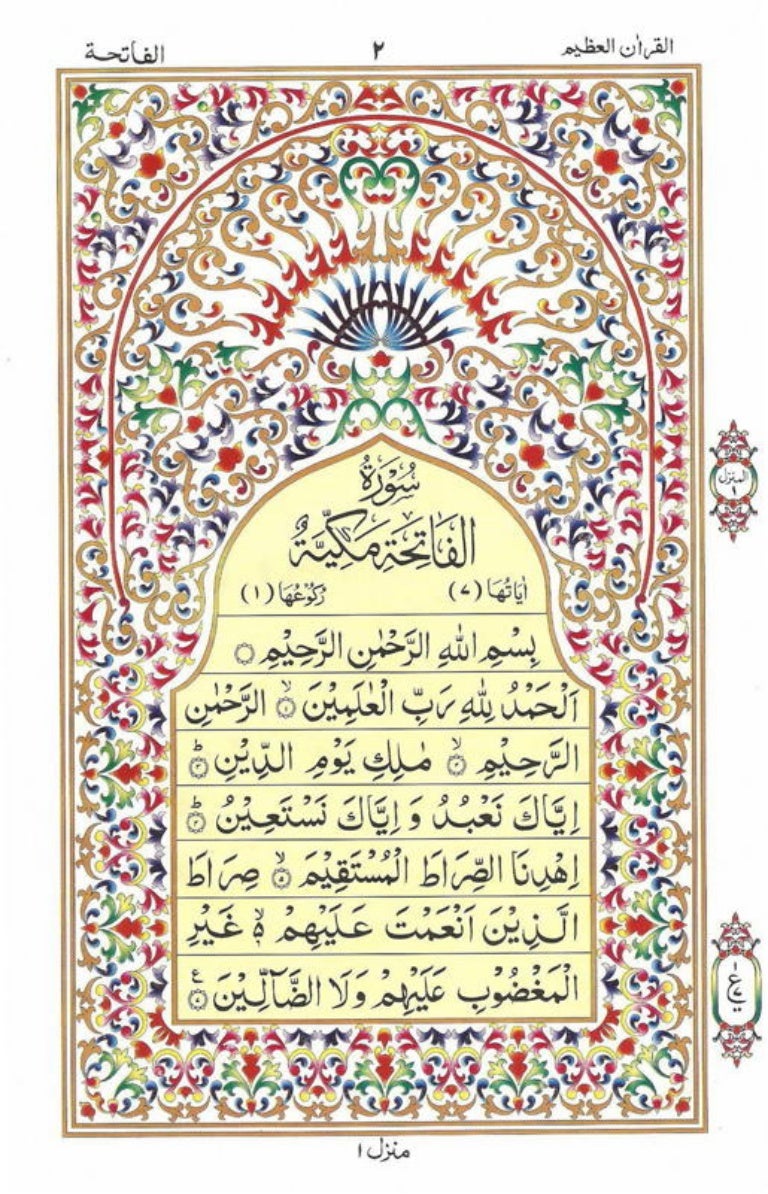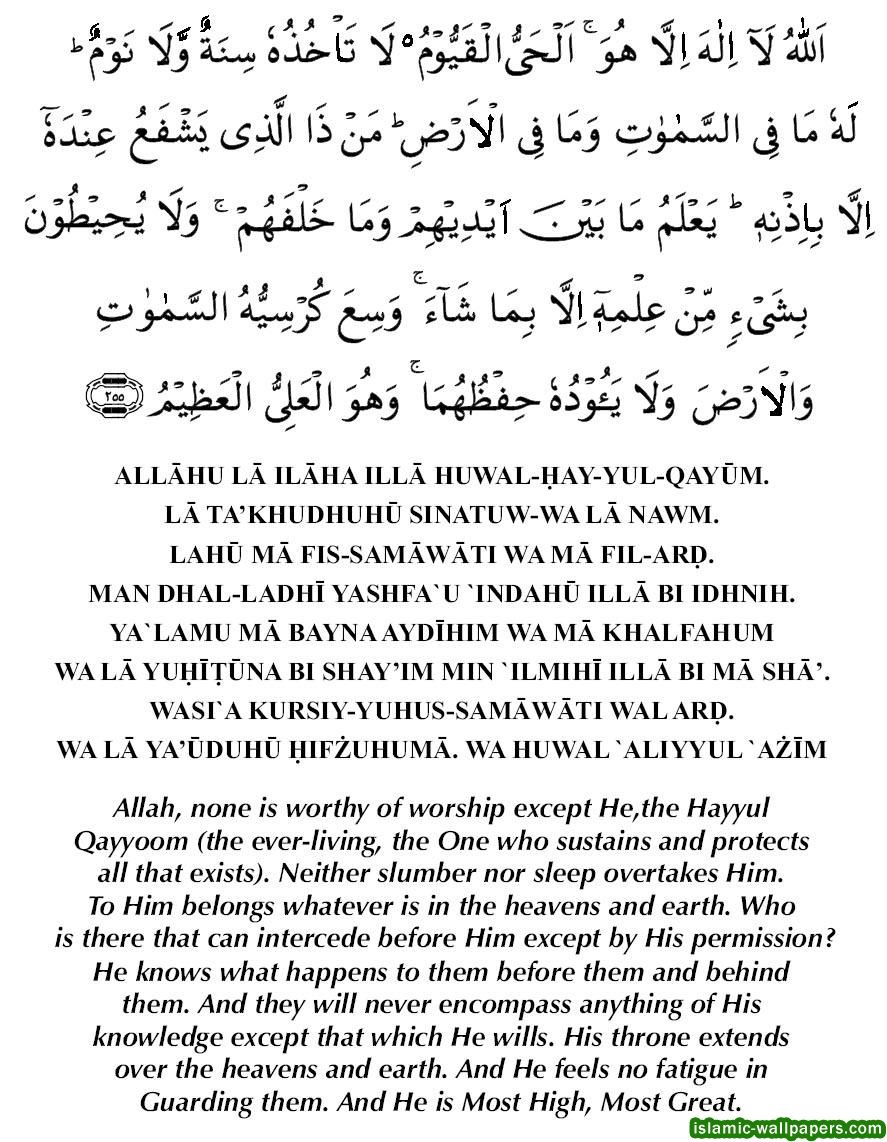

In 1980, Muhammad Asad published The Message of the Qur’an, an English translation and interpretation of the Qur’an. Both come in editions with explanatory footnotes by their translators. These two translations more than any others have set the bar for what a good English translation of the Qur’an should be like, a bar that to this day has rarely been exceeded. Though they both use a poetic style and sometimes archaic language (such as the pronouns ‘thee,’ ‘thou,’ and ‘thy’), they are fairly clear and remain two of the most popular and widely-available English translations of the Qur’an. This was followed closely afterwards in 1934 by Abdullah Yusuf Ali’s The Holy Qur’an. The earliest English translation of the Qur’an to receive widespread and lasting acceptance in the English-speaking Muslim community is Muhammad Marmaduke Pickthall’s The Meaning of the Glorious Qur’an, first published in 1930. But here, we shall discuss the following English translations of the Qur’an, some of which have deep roots and have made a major impact in the English-speaking community, and others that are relatively new. The only way to grasp the true richness of a language is to know the language itself.

At the same time, it is important to keep in mind that the Arabic of the Qur’an is incredibly deep, eloquent, and illustrative, so there will always be some meaning lost in translation, and each translator will attempt to compensate for that in different ways. Among reputable translations, each has different aims and features that make it suitable for different kinds of readers and purposes. The fact is that there is no single best English translation of the Qur’an. In this article, we will consider some of the features of a number of popular translations of the Qur’an in English, which make them suitable for different kinds of readers. Accordingly, the majority of Muslims, as well as interested non-Muslims, who wish to understand the Qur’an have to do so through translations in their native languages.

However, more than four out of every five Muslims in the world come from non-Arab backgrounds and do not speak Arabic, the language in which the Qur’an was revealed.



 0 kommentar(er)
0 kommentar(er)
